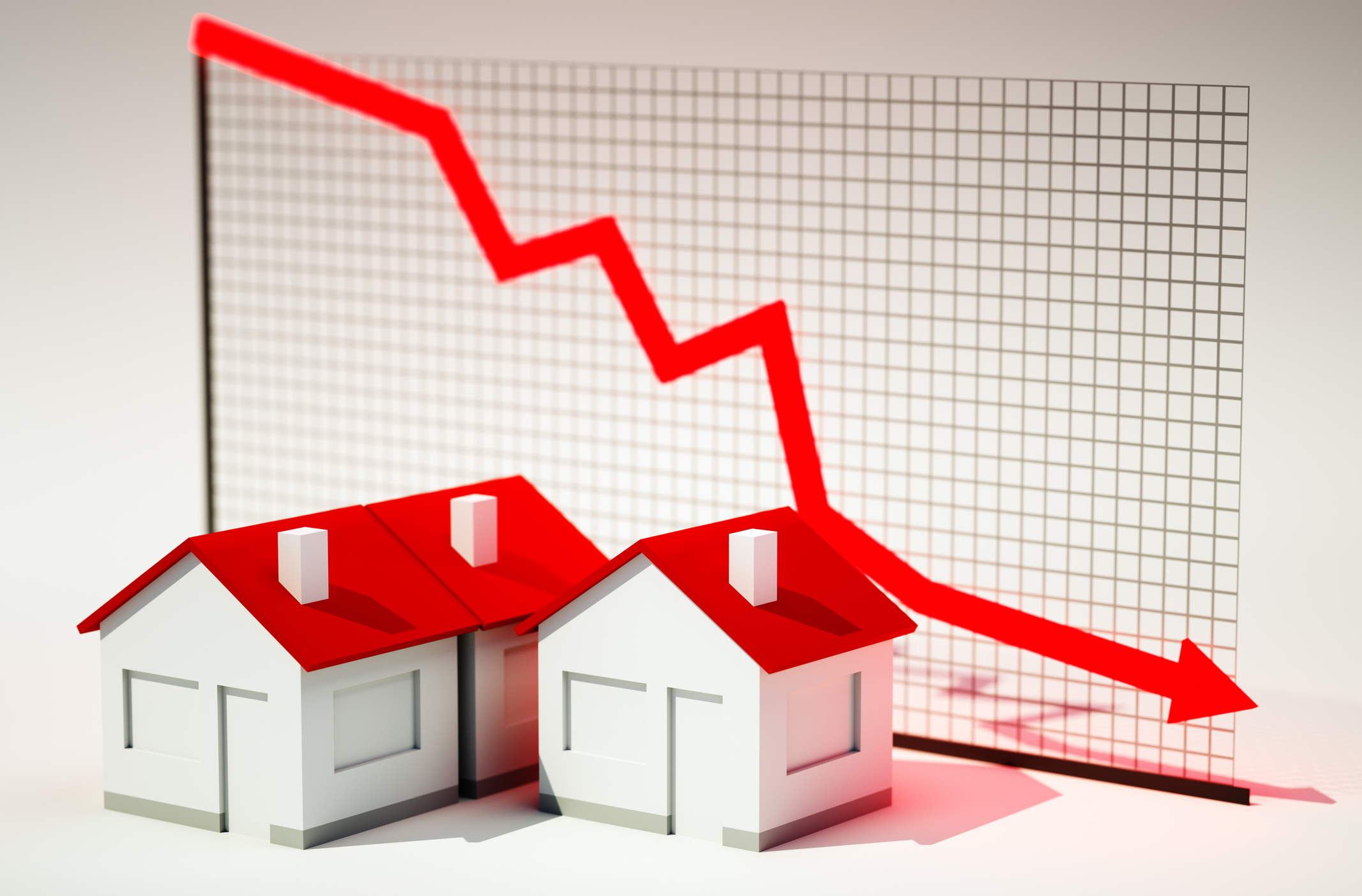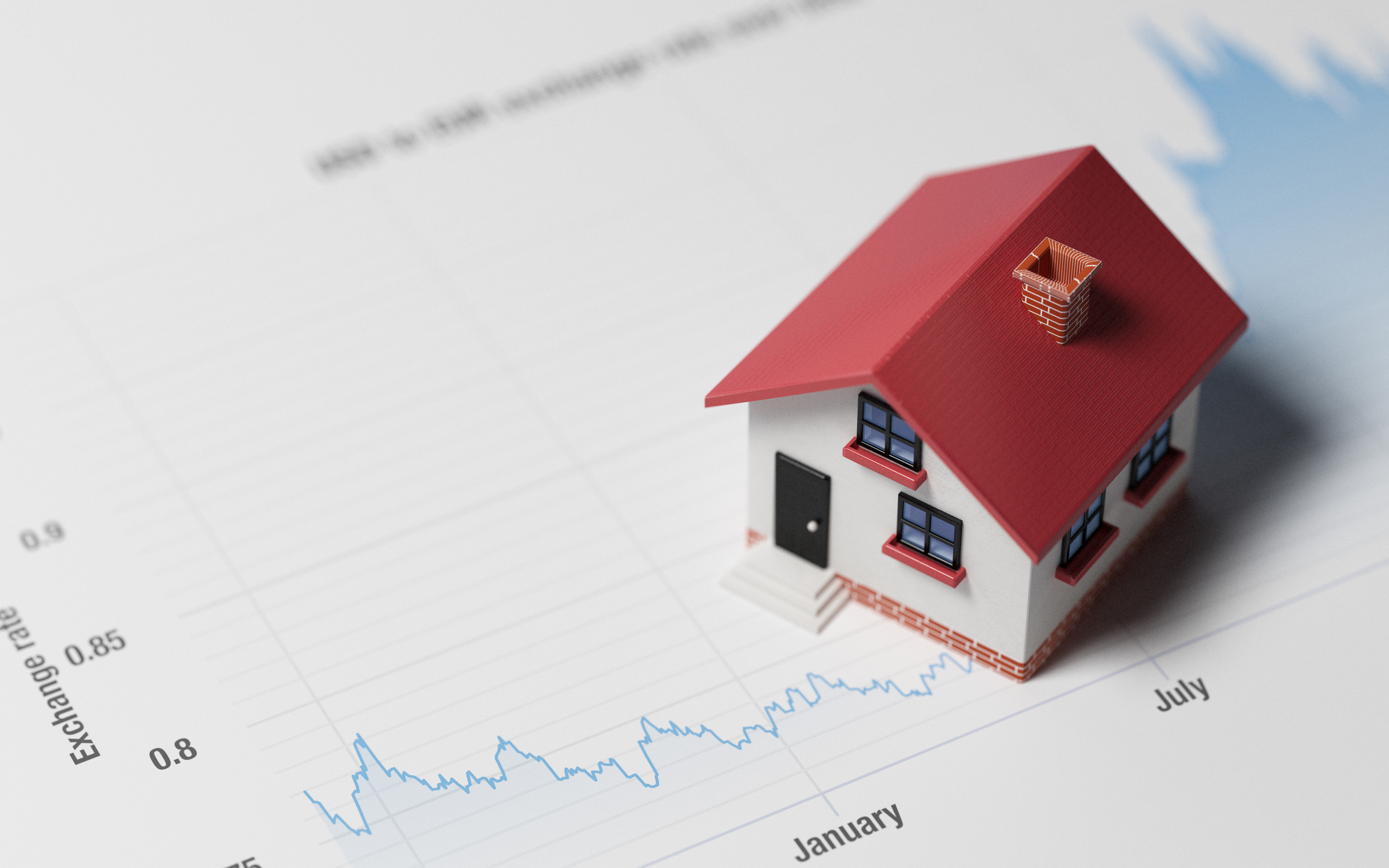Mortgage rates are a critical component of the housing market, and they play a significant role in determining how much a person can afford to spend on a home. When someone takes out a mortgage, they borrow money from a lender to purchase a property, and they agree to pay back the loan over time with interest. The interest rate on a mortgage, also known as the mortgage rate, is the annual percentage rate (APR) that a person will pay to borrow the money. Mortgage rates can fluctuate significantly over time based on a variety of factors, including the state of the economy, inflation, and the Federal Reserve’s monetary policy. As a result, these changes can have a significant impact on individuals who are looking to purchase a property or refinance their existing mortgage.
How Changing Mortgage Rates Can Affect an Individual?
 When mortgage rates rise, it can make it more difficult for individuals to qualify for a mortgage or afford their monthly mortgage payments. For example, if someone is looking to purchase a home with a $200,000 mortgage at a 4% interest rate, their monthly payment would be $955. However, if mortgage rates rise to 5%, the same person would need to pay $1,073 per month for the same mortgage, an increase of over $100 per month. This increase in monthly payments can make it more difficult for individuals to qualify for a mortgage or afford their desired home.
When mortgage rates rise, it can make it more difficult for individuals to qualify for a mortgage or afford their monthly mortgage payments. For example, if someone is looking to purchase a home with a $200,000 mortgage at a 4% interest rate, their monthly payment would be $955. However, if mortgage rates rise to 5%, the same person would need to pay $1,073 per month for the same mortgage, an increase of over $100 per month. This increase in monthly payments can make it more difficult for individuals to qualify for a mortgage or afford their desired home.
In addition to impacting monthly payments, changes in mortgage rates can also impact the overall cost of a mortgage. When mortgage rates rise, they can increase the amount of interest a person pays over the life of their mortgage. For example, if someone takes out a 30-year mortgage for $200,000 at a 4% interest rate, they will pay over $140,000 in interest over the life of the loan. However, if mortgage rates rise to 5%, the same person would pay over $186,000 in interest over the life of the loan, an increase of over $46,000. This increase in interest payments can make it more difficult for individuals to build equity in their homes and achieve their long-term financial goals.
On the other hand, when mortgage rates fall, it can make it easier for individuals to qualify for a mortgage and afford their desired home. For example, if mortgage rates fall from 4% to 3%, the monthly payment on a $200,000 mortgage would decrease by over $50 per month. Over the life of the loan, this decrease in interest rates could save the borrower over $20,000 in interest payments.

Changes in mortgage rates can also impact the broader economy, as they can affect consumer spending, employment, and inflation. When mortgage rates are low, it can stimulate economic growth by making it easier for individuals to purchase homes, which can increase demand for housing and create jobs in the construction and real estate industries. On the other hand, when mortgage rates rise, it can slow economic growth by making it more difficult for individuals to afford homes, which can decrease demand for housing and lead to job losses in the construction and real estate industries.
In conclusion, mortgage rates play a significant role in the housing market and the broader economy, and changes in mortgage rates can have a significant impact on individuals who are looking to purchase a home or refinance their existing mortgage. When mortgage rates rise, it can make it more difficult for individuals to qualify for a mortgage or afford their desired home, while falling mortgage rates can make it easier to qualify for a mortgage and achieve their long-term financial goals. By understanding how mortgage rates work and how they can impact their financial situation, individuals can make informed decisions about purchasing a home or refinancing their existing mortgage.



